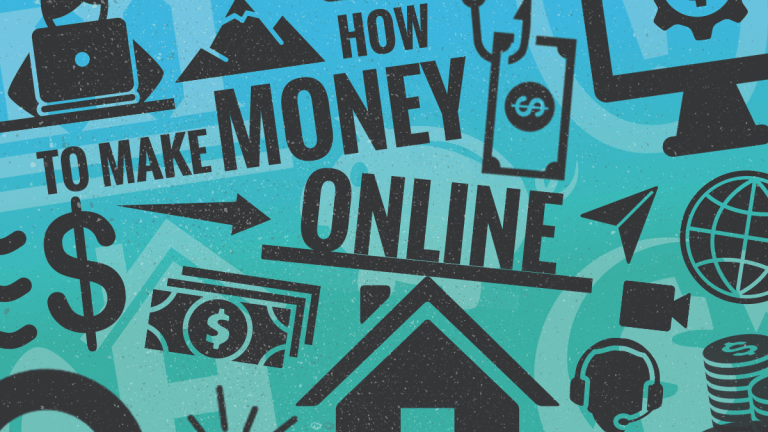Streamlining Podcast Production and Distribution Processes for Monetization
Efficiently managing the production and distribution of your podcast is essential for maximizing your monetization potential. By streamlining these processes, you can save time, improve the quality of your content, and increase your reach. In this article, we will explore ways to streamline podcast production and distribution to support your podcast monetization efforts.
- Pre-production Efficiency:
- Planning and Scheduling: Create a content calendar to map out your podcast episodes in advance. This helps you stay organized and ensures a consistent release schedule. Research and prepare episode topics and guest interviews ahead of time to minimize last-minute scrambling.
- Streamlined Scripting and Outlining: Develop a streamlined script or outline for your episodes. This helps keep your content focused and ensures a smooth flow during recording. Identify key talking points, questions, and transitions to guide your discussions.
- Template Creation: Create templates for various components of your podcast, such as episode introductions, sponsor ad reads, and calls to action. Having templates readily available saves time and maintains consistency across episodes.
- Efficient Recording Process:
- Recording Setup: Optimize your recording setup to ensure high-quality audio. Invest in a good microphone, headphones, and a quiet recording environment. Test your equipment before each recording session to avoid technical issues.
- Batch Recording: Consider recording multiple episodes in one session to save time and energy. This allows you to maintain a consistent workflow and frees up time for other aspects of podcast production.
- Guest Management: If you frequently have guests on your podcast, streamline the guest management process. Use scheduling tools, such as Calendly or Doodle, to coordinate recording dates and times. Prepare a guest welcome package or guide to provide instructions and expectations in advance.
- Simplified Editing and Post-production:
- Editing Workflow: Establish an efficient editing workflow to streamline the post-production process. Familiarize yourself with editing software, such as Audacity or Adobe Audition, and learn keyboard shortcuts to speed up editing tasks.
- Editing Templates: Develop editing templates for common tasks, such as removing background noise, adding intro/outro music, or applying audio effects. These templates can be reused for each episode, saving time and ensuring consistency.
- Outsourcing Editing: If editing is not your strength or you want to offload time-consuming tasks, consider outsourcing your editing to a professional editor. This allows you to focus on other aspects of your podcast and ensures a polished final product.
- Automated Distribution and Marketing:
- Podcast Hosting Platforms: Utilize podcast hosting platforms, such as Libsyn, Podbean, or Anchor, to streamline the distribution process. These platforms automatically distribute your episodes to popular podcast directories, saving you time and effort.
- Social Media Automation: Use social media scheduling tools, like Buffer or Hootsuite, to automate your social media posts. Plan and schedule promotional content in advance to maintain a consistent online presence and reach a wider audience.
- Email Marketing Automation: Build an email list and leverage email marketing tools, such as Mailchimp or ConvertKit, to automate your email campaigns. Create email sequences to promote new episodes, special offers, or exclusive content to your subscribers.
- Data Analysis and Optimization:
- Analytics Tracking: Monitor podcast analytics using tools provided by your hosting platform or third-party services like Chartable or Podtrac. Track metrics such as downloads, listener demographics, and episode performance to gain insights into your audience and identify areas for improvement.
- Listener Feedback: Encourage listener feedback through surveys, social media polls, or direct engagement. Use this feedback to refine your content, improve your podcast, and cater to your audience’s preferences.
- Continuous Learning: Stay informed about industry trends, new technologies, and best practices in podcasting. Attend conferences, listen to other podcasts, and engage with the podcasting community to gain insights and inspiration for optimizing your monetization strategies.
- Podcast Distribution:
- Podcast Hosting Platforms: Use podcast hosting platforms like Libsyn, Podbean, or Buzzsprout, which automatically distribute your podcast to major podcast directories.
- Automated RSS Feed Updates: Enable automatic RSS feed updates when new episodes are published to ensure seamless distribution across platforms without manual intervention.
- Monetization Opportunities:
- Ad Networks: Join podcast ad networks like Midroll or AdvertiseCast that connect podcasters with advertisers. These networks handle the monetization process, allowing you to focus on creating content.
- Sponsored Episodes: Collaborate with relevant brands or companies for sponsored episodes. Ensure that the sponsored content aligns with your podcast’s niche and adds value to your audience.
- Listener Support: Implement listener support platforms like Patreon, Buy Me a Coffee, or Ko-fi, where your listeners can financially support your podcast through one-time or recurring donations.
- Merchandise and Affiliate Marketing: Explore opportunities to sell podcast-related merchandise or promote affiliate products or services relevant to your podcast’s niche.
By streamlining your podcast production and distribution processes, you can save time, improve the quality of your content, and focus on monetization strategies. Implement efficient workflows, utilize automation tools, and continuously analyze and optimize your podcast performance. Remember, the key to successful monetization is consistently delivering valuable and engaging content to your audience.
